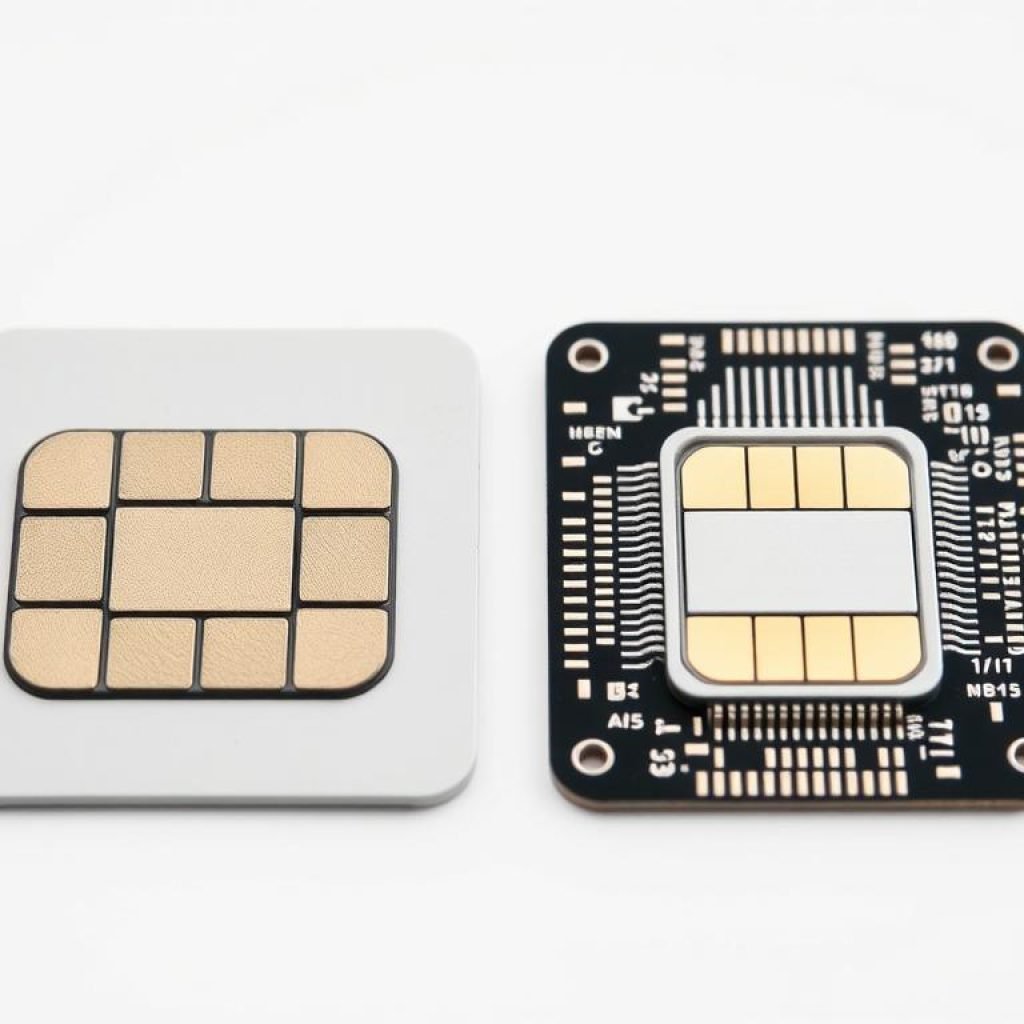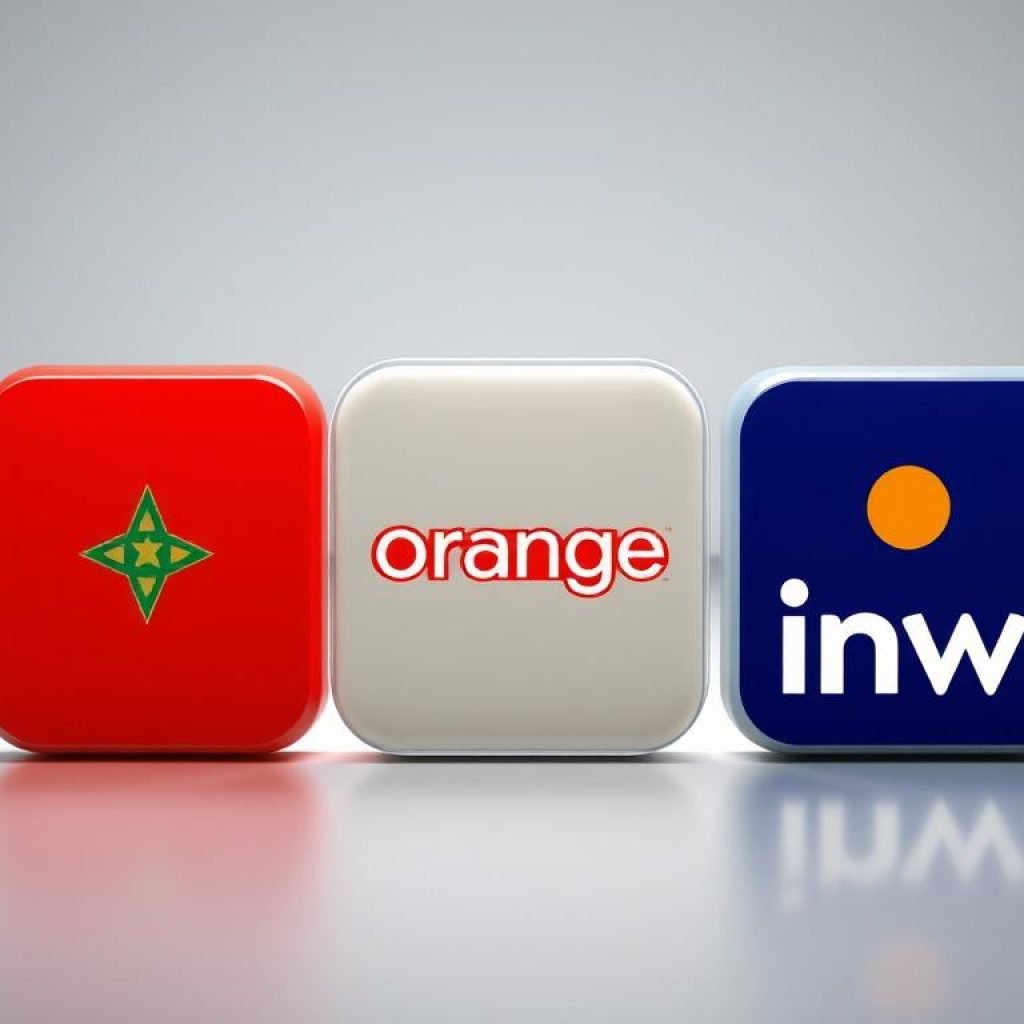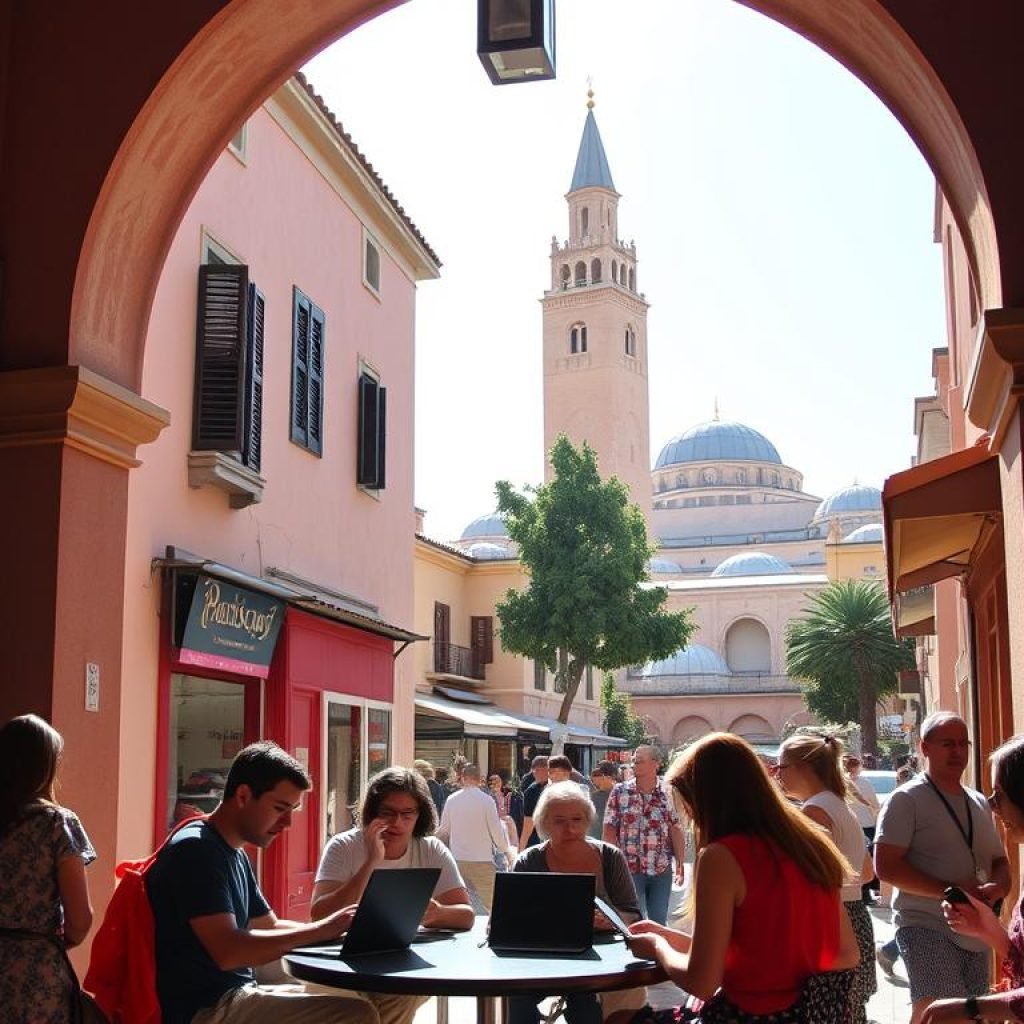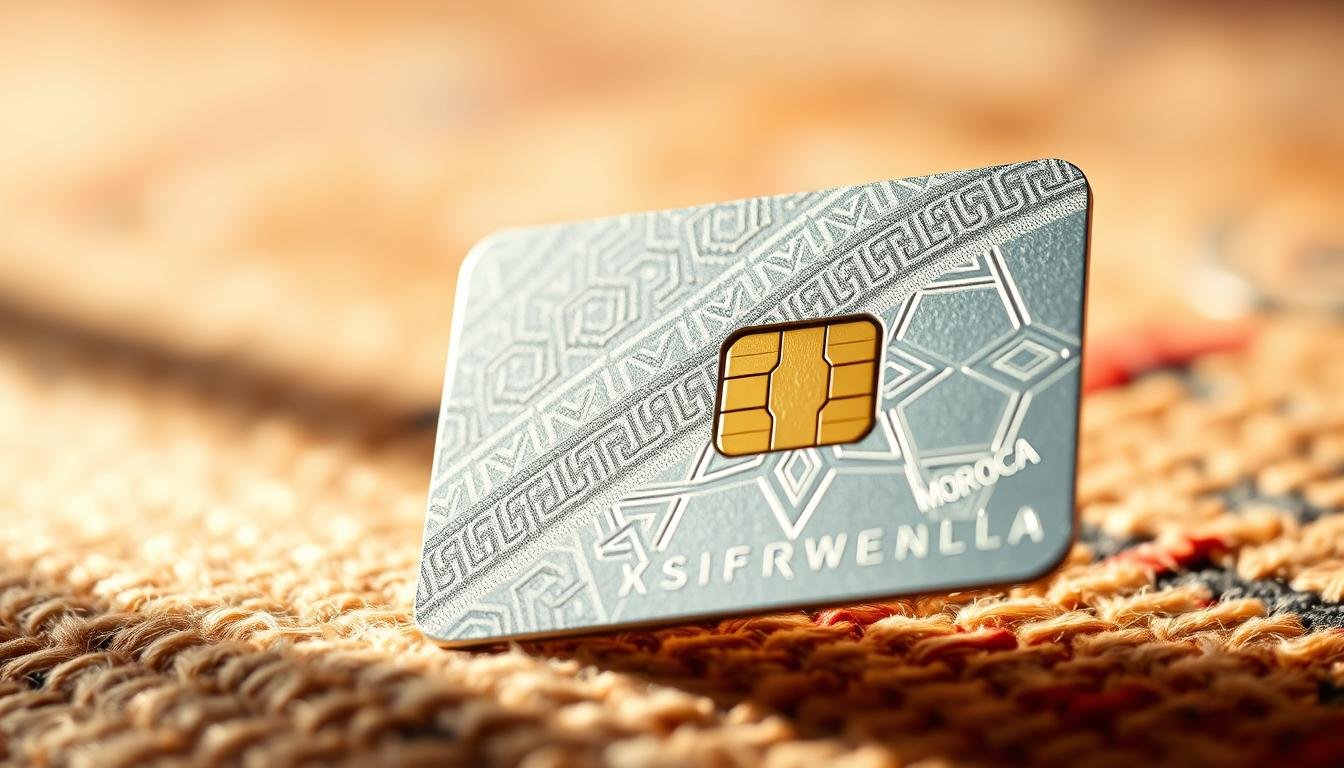Traveling to a new destination often brings excitement, but staying connected can be a challenge. Whether you’re navigating unfamiliar streets or sharing moments with loved ones back home, reliable internet is essential. For travelers visiting Morocco, finding the right connection solution can make all the difference.
Local prepaid sim card options are a popular choice. They offer affordable data plans and wide coverage across cities and rural areas. Major providers like Maroc Telecom, Orange, and Inwi provide flexible packages tailored to your needs. These plans are often more cost-effective than international roaming.
This guide will walk you through the process of choosing, buying, and activating a sim card. It also covers alternative solutions like eSIMs and tips for using public internet safely. Stay tuned for practical advice to ensure you’re always connected during your trip.
Key Takeaways
- Local sim card options are affordable and widely available.
- Major providers include Maroc Telecom, Orange, and Inwi.
- Prepaid plans are more cost-effective than roaming.
- eSIMs offer a convenient alternative for compatible devices.
- Public internet can be used with caution for backup.
Understanding Connectivity in Morocco
Exploring new places requires seamless connectivity for a smooth journey. In Morocco, staying connected is easier than ever, thanks to a variety of mobile and Wi-Fi options. However, the quality of your connection can vary depending on where you are.
Overview of Mobile and Wi-Fi Options
Morocco boasts a robust cellular network, with 4G and 5G available in most urban areas. Major providers like Maroc Telecom, Orange, and Inwi offer reliable services. Travelers can choose from prepaid plans that are affordable and flexible.
Public Wi-Fi is widely available in cafes, hotels, and airports. While convenient, it’s not always the most secure option. Paid plans from local providers often provide better speed and reliability.
Impact of Local Infrastructure on Service Quality
In cities like Marrakech and Casablanca, connectivity is generally strong. However, older buildings in traditional neighborhoods, such as the Medina, can weaken signals. Rural areas may face more significant challenges due to limited infrastructure.
Despite these hurdles, providers are continuously improving their networks. Understanding these differences can help you choose the best plan for your needs.
- Urban areas offer high-speed internet and reliable coverage.
- Rural regions may have slower connections or limited access.
- Public Wi-Fi is convenient but less secure than paid options.
- Local providers adapt their services to meet diverse needs.
Your Guide to Morocco SIM card and Wi-Fi
Staying connected while traveling is no longer a luxury but a necessity. Whether you’re navigating unfamiliar streets or sharing moments with loved ones, a reliable internet connection is essential. This guide explores the best options to keep you online during your trip.

SIM Card vs. eSIM: Weighing Your Options
When it comes to staying connected, travelers have two main choices: traditional sim cards and modern esim technology. Each has its pros and cons, and the right choice depends on your needs.
Physical sim cards are widely available and easy to use. They require a quick visit to a local store or airport kiosk. However, they can be inconvenient if you frequently switch devices or countries.
On the other hand, esim offers a digital alternative. It’s compatible with many newer devices and allows instant activation before you even land. This eliminates the need for physical swapping and saves time.
“eSIMs are revolutionizing travel connectivity by offering convenience and flexibility.”
The Importance of Staying Connected During Your Trip
Reliable coverage ensures you can access maps, translation apps, and emergency services. It also lets you share your journey in real-time. Whether you choose a sim card or esim, staying online enhances your travel experience.
| Feature | SIM Card | eSIM |
|---|---|---|
| Activation Speed | Requires physical setup | Instant activation |
| Device Compatibility | Works with most phones | Requires eSIM-enabled devices |
| Cost | Affordable prepaid plans | May have higher upfront costs |
| Convenience | Needs physical swapping | No physical handling required |
Ultimately, the choice between a sim card and esim depends on your travel style and device capabilities. Both options provide reliable internet, ensuring you stay connected wherever you go.
Where to Purchase SIM Cards and Wi-Fi in Morocco
Finding the right way to stay connected during your travels can enhance your experience. Whether you choose to secure a prepaid sim before departure or upon arrival, knowing your options ensures a seamless process.
Purchasing Options: Before You Travel or On Arrival
Buying a prepaid sim before your trip offers convenience. Many providers allow you to order online and have it delivered to your home. This ensures you’re connected as soon as you land.
Alternatively, purchasing on arrival is straightforward. Major airports like Marrakech Menara have kiosks from providers like Maroc Telecom and Orange. These locations often offer competitive plans tailored for travelers.
Popular Retail Locations and Airport Tips
Official stores in cities like Marrakech and Casablanca provide reliable service. They offer a variety of plans and ensure quick activation. For immediate access, airport kiosks are a great choice.
Here are some tips for purchasing at the airport:
- Carry your passport for identification.
- Compare plans from different providers for the best deal.
- Ensure the store offers activation support.
Retail and convenience stores also sell prepaid sims. While prices may vary, these locations often provide flexible options. Negotiating with local vendors can sometimes yield better deals.
Knowing where to buy your prepaid sim saves time and ensures you stay connected throughout your trip.
Navigating Main Mobile Operators in Morocco
Choosing the right mobile operator can significantly impact your connectivity experience during your travels. In Morocco, three major providers dominate the market: Maroc Telecom, Orange Morocco, and Inwi. Each offers unique benefits, making it essential to compare their services before making a decision.

Maroc Telecom, Orange Morocco, and Inwi Compared
Maroc Telecom is known for its extensive coverage, especially in remote areas. It’s a reliable choice for travelers venturing outside major cities. However, its prepaid sim plans can be slightly more expensive compared to competitors.
Orange Morocco offers competitive pricing and strong network performance in urban areas. Its customer support is highly rated, making it a popular choice for tourists. However, coverage in rural regions may not be as robust.
Inwi stands out for its affordable prepaid sim options and innovative data bundles. While its network is expanding, it may not match the reliability of Maroc Telecom or Orange in certain areas.
Network Coverage and Prepaid Plan Benefits
Network quality varies across regions. In cities like Marrakech and Casablanca, all three providers offer excellent coverage. However, rural areas may see differences in service quality. Maroc Telecom often leads in these regions due to its established infrastructure.
Prepaid plans from these providers are tailored to meet diverse needs. For example, Maroc Telecom offers unlimited calling options, while Orange provides data rollover features. Inwi’s budget-friendly bundles are ideal for travelers seeking cost-effective solutions.
For more details on purchasing local SIM cards, check out our comprehensive guide.
Setting Up and Activating Your SIM Card or eSIM
Getting your device ready for connectivity is a straightforward process with the right guidance. Whether you’re using a physical sim card or a digital esim, the activation steps are simple and quick. This ensures you’re always online during your travels.
Step-by-Step Activation Process
For a physical sim card, start by inserting it into your device. Power on your phone and wait for the activation message. Follow the instructions provided by your provider to complete the setup.
For esim, scan the QR code sent to your email or provided at the store. Go to your phone’s settings, select “Add Cellular Plan,” and follow the prompts. Ensure a stable internet connection during this process.
- Insert the sim card or scan the QR code for esim.
- Follow on-screen instructions for activation.
- Verify the setup by testing your connection.
Tips for Troubleshooting and Customer Support
If you encounter issues, check your device settings first. Ensure the sim card is properly inserted or the esim is correctly configured. Restart your phone if needed.
For persistent problems, contact your provider’s customer support. Most offer assistance via phone, email, or live chat. Save their contact details for quick access during your trip.
“A smooth activation process guarantees uninterrupted access to essential services.”
For more detailed guidance on local sim card options, visit Road to Desert. This resource provides valuable insights to help you stay connected effortlessly.
Cost Breakdown: SIM Cards, Data Plans, and Top-Ups
Understanding the costs of staying connected can help you make informed decisions during your travels. Whether you’re looking for a budget-friendly option or a comprehensive plan, knowing the pricing details ensures you get the best value.
Pricing for Prepaid SIMs and Data Bundles
Prepaid options are a popular choice for travelers. A basic sim card typically costs around MAD 20-50, often including a small call allowance. For data, a 5GB bundle is available for approximately MAD 50, while a 10GB plan costs around MAD 100.
Providers like Maroc Telecom, Orange, and Inwi offer flexible packages. For example, a 20GB plan might cost MAD 200, but you can often negotiate for a smaller bundle. These plans are valid for up to 30 days, making them ideal for short trips.
Strategies to Avoid Excessive Roaming Fees
International roaming can be costly. Instead, opt for a local sim card or esim to save money. Purchasing at the airport or a local store ensures immediate access to affordable data and call minutes.
Here are some tips to avoid unexpected charges:
- Monitor your data usage through provider apps.
- Set spending limits to control costs.
- Use local currency (MAD) for top-ups to avoid exchange rate fees.
By planning ahead and choosing the right plan, you can stay connected without breaking the bank.
Navigating Free Wi-Fi and Alternative Connection Methods
Staying online while traveling doesn’t have to be complicated, but knowing your options can make all the difference. Free Wi-Fi is widely available in hotels, cafes, and public spaces, but it’s not always reliable. For a more dependable internet connection, consider alternative solutions like Pocket WiFi or mobile data plans.

Finding Reliable Public and Hotel Wi-Fi
Public Wi-Fi is convenient, but it has its limitations. Speeds can be slow, and security risks are higher compared to paid options. Hotels often offer free Wi-Fi, but it may be restricted to common areas or have usage limits.
Here are some tips for using public Wi-Fi safely:
- Avoid accessing sensitive information like bank accounts.
- Use a VPN to encrypt your connection.
- Stick to well-known networks in reputable locations.
Using Pocket WiFi and Other Mobile Solutions
For travelers who need consistent internet, renting a Pocket WiFi device is a great alternative. These devices provide unlimited data and can connect multiple devices at once. Rental prices range from $61 to $107 per week, depending on the provider.
Another option is using a local esim or mobile data plan. These are ideal for heavy data users or those visiting remote areas. Providers like Maroc Telecom and Orange offer affordable plans with wide coverage.
| Option | Pros | Cons |
|---|---|---|
| Public Wi-Fi | Free, widely available | Slow speeds, security risks |
| Pocket WiFi | Unlimited data, multiple devices | Higher cost, rental required |
| Mobile Data | Reliable, wide coverage | Requires local esim or sim card |
For those exploring budget-friendly activities in Morocco, combining these options ensures you stay connected without overspending. Whether you’re in a bustling city or a remote village, having multiple solutions guarantees uninterrupted access to essential services.
Conclusion
Ensuring seamless connectivity during your travels is essential for a stress-free experience. This guide has highlighted the importance of choosing the right connection solution to stay online wherever you go. Local options like esim or physical sim cards offer cost-effective and reliable service, making them ideal for travelers.
From purchasing at the airport to activating your device, the process is straightforward. Comparing providers like Maroc Telecom and Orange ensures you get the best coverage and plan for your needs. Troubleshooting tips and pricing insights further simplify your decision.
By implementing these strategies, you can enjoy uninterrupted access to maps, apps, and communication tools. Staying connected enhances your journey, allowing you to focus on creating unforgettable memories. Choose the right solution today and make the most of your trip.




Comment (0)